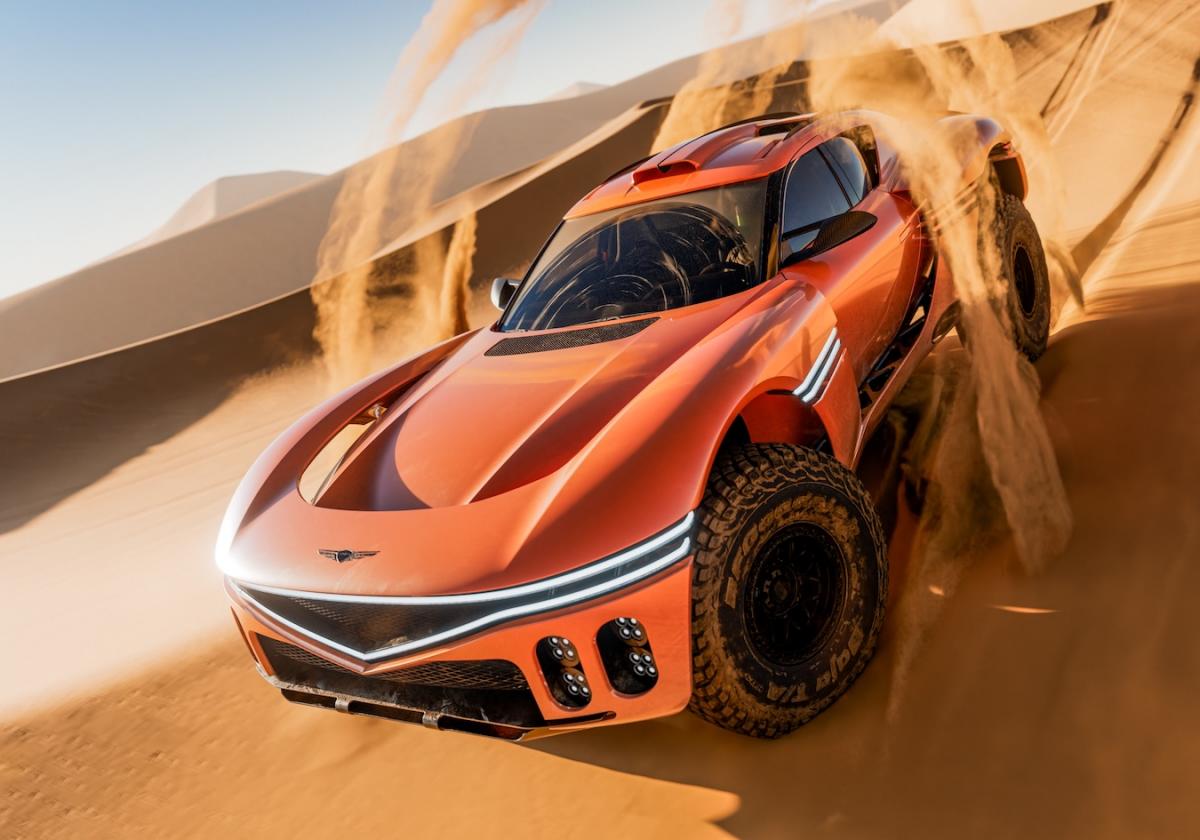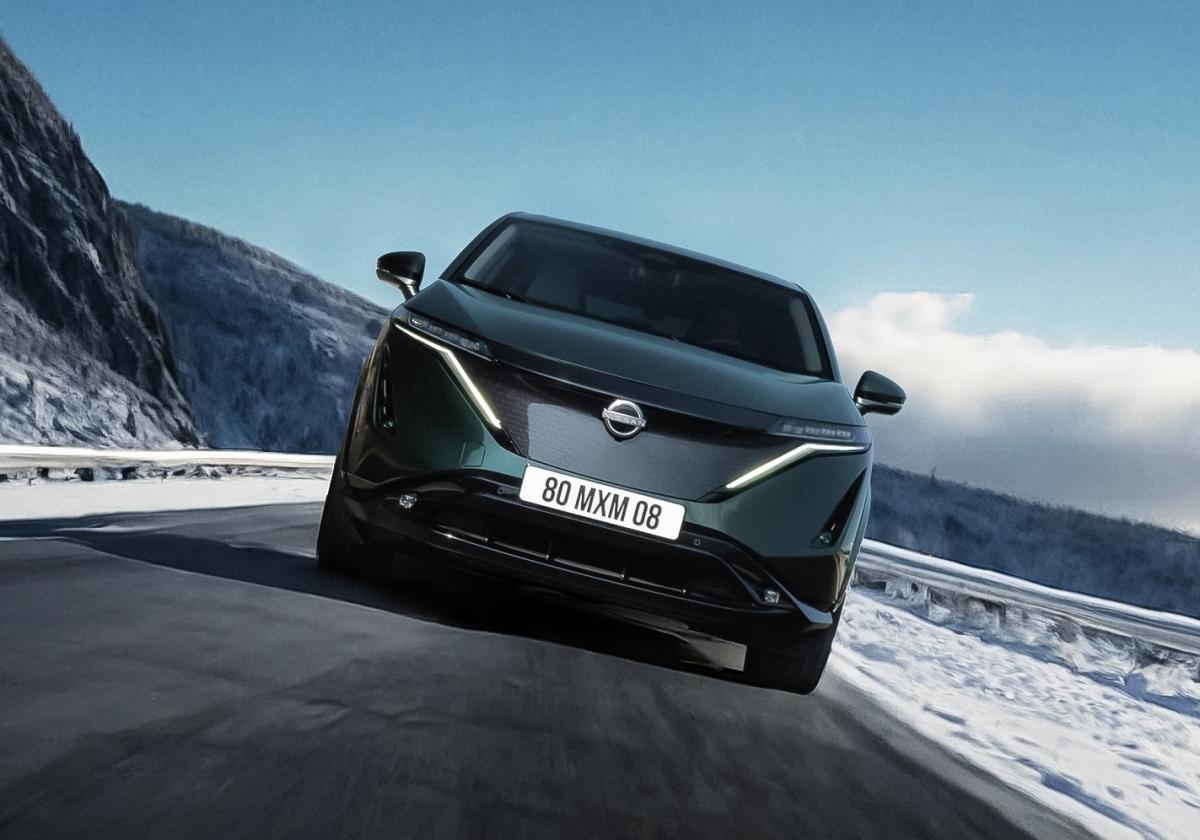Pedestrian safety is in the spotlight again and this time automatic braking technology is under scrutiny. But new laws being considered could make driving using new brake tech more erratic and unpredictable.
We need to pay attention to the impending revisions because this will be a global trend and we will therefore all be affected in some way. Automakers in the U.S. are asking federal safety regulators to reconsider a rule mandating better automatic braking technology, even as pedestrian deaths remain stubbornly high.
U.S. drivers struck and killed more than 35,000 people in the last five years, finds a new Governors Highway Safety Association report. Most such fatalities occurred at night and involved large trucks or SUVs.
Pedestrian deaths fell 5% last year — a glimmer of hope — but remain 14% above 2019’s pre-pandemic level, per the report.
Pedestrian deaths rose a staggering 77% between 2010 and 2022, according to National Highway Traffic Safety Administration (NHTSA) data, while all other traffic fatalities increased just 22%.
Most new cars have automatic emergency braking (AEB) systems, which use cameras and radar to detect an imminent crash and apply the brakes if the driver fails to do so.
While the technology has significant safety benefits, studies have shown that it’s ineffective in avoiding pedestrian crashes at night or at high speeds.
Congress in 2021 directed NHTSA to make AEB technology standard on all passenger vehicles and to establish minimum performance standards, including pedestrian protection.
The new rule issued in April, gives automakers until 2029 to upgrade their systems to operate at higher speeds and better avoid pedestrians.
Cars must be able to avoid hitting a vehicle in front of them at speeds of up to 62 mph, and must detect pedestrians in both daylight and darkness.
They must also apply the brakes automatically at up to 90 mph when a collision is imminent (mitigating a high-speed crash, at least) and up to 45 mph when a pedestrian is detected.
A group representing major automakers filed a petition this week asking NHTSA to reconsider the rule, saying the new standards are “practically impossible with available technology.” It’s not that automakers are opposed to AEB technology, Alliance for Automotive Innovation CEO John Bozzella told Congress.
Back in 2016, automakers voluntarily agreed to deploy AEB systems on all new vehicles by 2025 — and they’re on track to do so, having invested more than $1 billion, he wrote.
The new requirements are infeasible with today’s braking technology, he argued, and the necessary hardware and software changes would make cars more expensive.
Bozzella also said the rule could even result in more rear-end collisions, because vehicles would automatically apply the brakes “far in advance of what a typical driver and others on the road would expect.”
Bozzella predicts the following will happen. “Driving AEB-equipped vehicles in the U.S. under NHTSA’s new standard will become unpredictable, erratic and will frustrate or flummox drivers.”
CARLIST THOUGHTS
The Alliance has said however that the NHTSA should put their foot down and adopt a European standard that detects potential forward collisions, provides driver warnings and automatically engages the brakes. But if changes should be made to the rule, it should be to add detection of bicyclists, motorcycle riders, and other vulnerable road users whose fatalities numbers continue to escalate.







